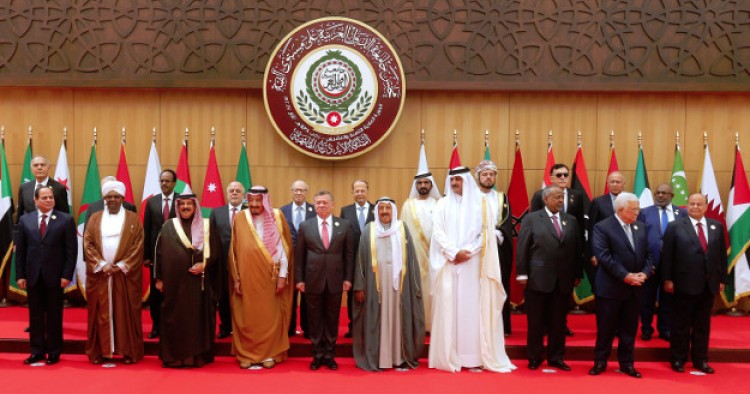Iran’s Foreign Ministry has rejected a request by Arab leaders to negotiate with the United Arab Emirates for a peaceful settlement to the three disputed islands of Greater Tunb, Lesser Tunb and Abu Musa. “Repetition of lies about this claim will not change historical realities,” Iranian Foreign Ministry Spokesman Bahram Ghassemi said earlier today. “These islands have been and will remain Iranian,” he emphasized. The Iranian official added that it was unfortunate that “some Arab and Islamic leaders,” instead of addressing common threats against the Muslim world, “are going astray and deliberately or unintentionally make a mistake in recognizing friends and foes.”
Comment: The long-standing, yet low-intensity, dispute between Iran and the United Arab Emirates over the ownership of the three islands predates the 1979 Islamic Revolution. It was under Mohammad Reza Pahlavi’s reign that Iran exploited the withdrawal of British forces from the Gulf and seized the islands on November 30, 1971 – just a day before the U.A.E. gained independence from Britain. Prior to that, the islands were ruled by Sharjah, now one of U.A.E.’s seven emirates. Under a 1971 agreement with Britain, the Shah government was permitted to have a military garrison on Abu Musa, while civil administration of the island was divided between Iran and the U.A.E. after the latter’s independence in December of that year.
After the fall of the Shah, however, the revolutionary regime in Tehran initially honored that agreement but soon claimed sovereignty over the islands. The Islamic Revolution Guards Corps (I.R.G.C.) also began to establish a presence there and used Abu Musa, the largest of the three islands, to launch attacks against oil tankers during the 1980s Iran-Iraq war. In 2008, Iran said it was building maritime offices on Abu Musa – heightening tension with the U.A.E. and other Gulf states. And in recent years, top Iranian military officials have frequently visited Abu Musa.
The small size of the islands belies their strategic significance – not only to the U.A.E. and Iran but also for the stability of global oil market and the national security interests of the United States and its regional allies. This is because the islands are located near the Strait of Hormuz and are commanding shipping lanes along which about 20 percent of world’s oil passes every day. Iran has on several occasions threatened to close the Strait of Hormuz if the United States or Israel launches a military attack against its nuclear installations.
The 28th Arab Summit, which concluded on Wednesday, affirmed U.A.E.’s sovereignty over the islands. A joint declaration issued by Arab leaders called on Iran to respond to the United Arab Emirate’s initiative to find a peaceful solution to the issue through direct negotiations or through a recourse to international arbitration. But if the Iranian foreign ministry spokesman's remarks are any indication, Tehran is not interested in defusing the tension through dialogue.
The Middle East Institute (MEI) is an independent, non-partisan, non-for-profit, educational organization. It does not engage in advocacy and its scholars’ opinions are their own. MEI welcomes financial donations, but retains sole editorial control over its work and its publications reflect only the authors’ views. For a listing of MEI donors, please click here.













